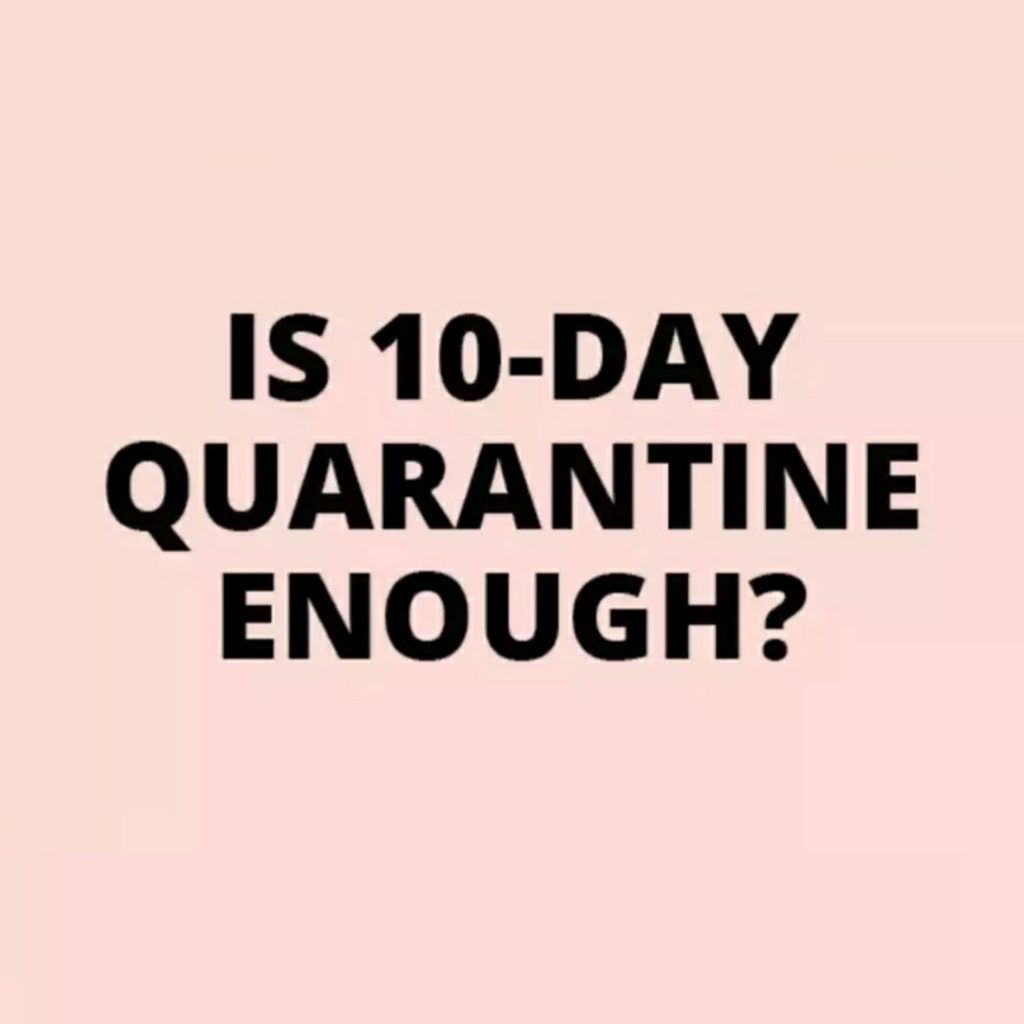
The Hawai‘i Department of Health (DOH) announced that effective today it is reducing the required quarantine period of those who have been exposed to COVID-19 from 14 days to 10 days to improve compliance without significantly increasing the risk of transmission in the community.
The updated quarantine guidance is based on updated recommendations issued by the Centers for Disease Control and Prevention (CDC) earlier this week. The previous 14-day quarantine period was based on the full incubation period of the virus. The maximum COVID-19 incubation period was imposed to reduce the risk of transmission. However, the 14-day period created physical and mental health challenges as well as economic hardship for those unable to return to work.
“We are following the CDC’s guidance for a shorter quarantine to address the mental and emotional health issues caused by isolation and to improve compliance,” said Dr. Elizabeth Char, director of the Hawai‘i Department of Health. “This updated guidance balances the ongoing need to control the spread of the virus in our state while also continuing to safely reopen our state and reducing the personal burden of quarantines on Hawai‘i residents. However, it’s important to point out that we’ll continue to closely monitor the evolving science for information that would warrant a reconsideration of these recommended options.”
The DOH’s updated guidance for 10-day quarantines comes with certain stipulations:
- It does not apply to those residing in congregate settings such as long-term care facilities, group care homes, assisted living facilities, correctional facilities, shelters, residential rehabilitation and treatment settings, or military recruit housing;
- Those who are in quarantine cannot have any clinical evidence of COVID-19 symptoms up to the time quarantine is discontinued; and
- Daily symptom self-monitoring must continue through day 14; those who develop symptoms within this time period should seek testing and self-isolate while awaiting results
Close contacts of those exposed to COVID-19 must adhere to all recommended mitigation strategies:
- Correct and consistent mask use;
- Physical distancing;
- Hand and cough hygiene;
- Avoiding crowds;
- Environmental cleaning and disinfection; and
- Ensuring adequate indoor ventilation.
The new quarantine guidance does not modify any travel quarantine provided for in the governor’s proclamations related to the COVID-19 emergency.



